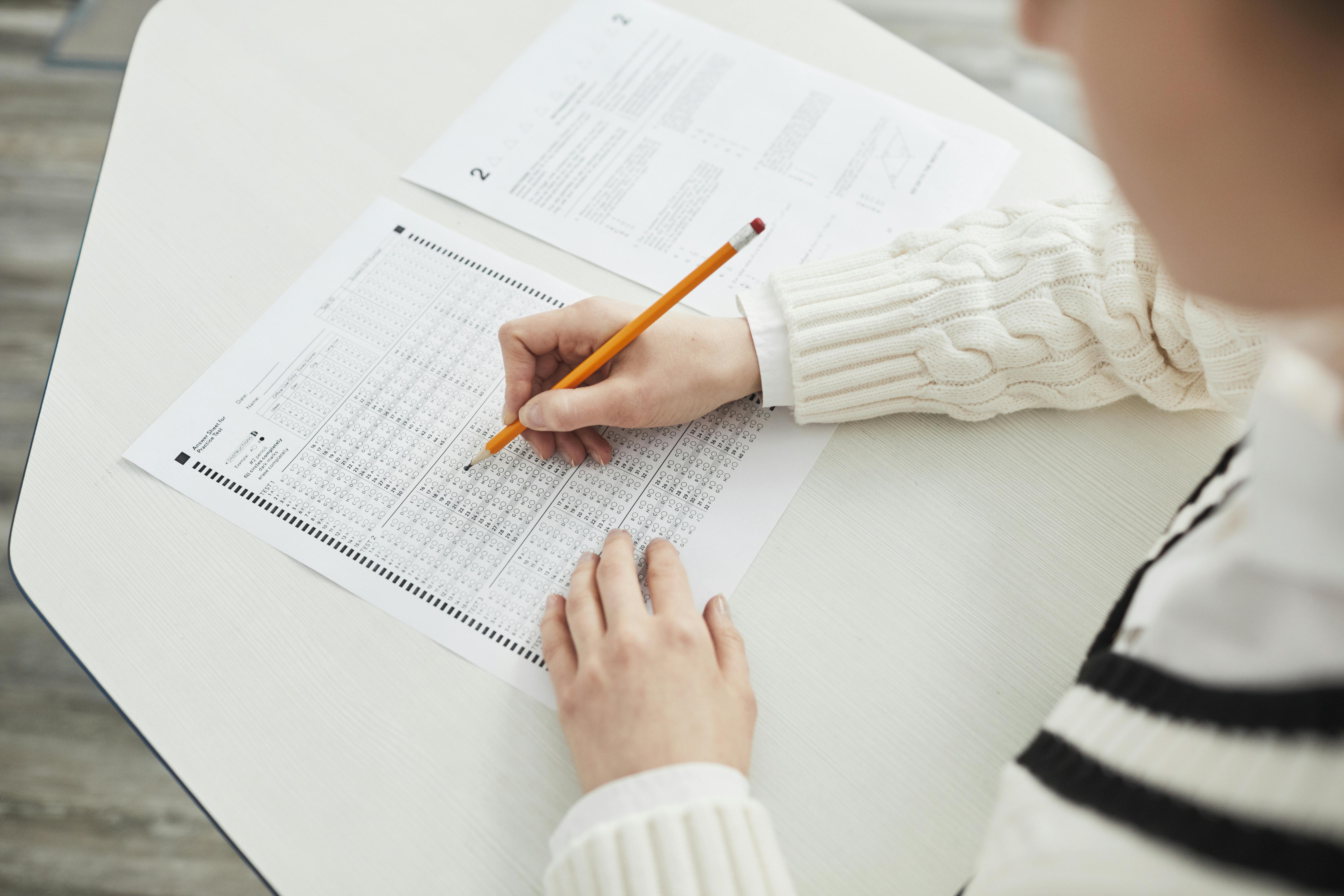It’s the day before your child’s final exams, and they’re staying up till 2 a.m. to memorize all they can to score high. With possibly less than five hours of sleep, they head into school to the classroom where the final exam will take place and struggle to remember what they studied just hours before the assessment. Fortunately, this doesn’t have to be your child’s test-taking experience if they practice spaced studying.
With spaced studying, students study class materials over time rather than all at once, for example, the night before a test. Moreover, with this studying style, students are encouraged to take breaks from reviewing class materials and return after a defined time. For instance, in line with spaced studying, students look over specific class material a day after learning it, take a break from it for a week, return to it to evaluate, take another break for two weeks, return to it once more, and then take another break for three weeks. Wash, rinse, repeat.
To help students avoid getting overwhelmed, spaced studying also encourages students to regularly study a small amount. The style also promotes incorporating older content into newer review sessions to connect past material with current lessons. Students are urged to consider mixing up learning styles, for example, including visual aids or gamified exercises to remain engaged. Additionally, to avoid getting overstimulated, students can participate in activities like physical exercise between multiple condensed study sessions.
“I imagine spaced studying could potentially work well for students with very short attention spans who can be disciplined about building a schedule of short sessions!” said Cram Crew Consultant Jane Sleeth.
Spaced studying or spaced repetition was invented in the 1880s by German scientist Hermann Ebbinghaus. He also created the “forgetting curve,” which determined that individuals slowly but surely forget learned information unless they review the material over time.

A recent study published in 2022 by Cureus, a peer-reviewed journal of medical science, found that spaced learning could improve an individual’s ability to remember, unlike “massed learning” or intensive reviews in a short period like the night before an exam. The publication also found that spaced studying may work best with science-related topics.
There are other studying practices that fall under the spaced learning umbrella, such as interval studying. With interval studying, students review differing materials back-to-back. In other words, rather than studying one lesson repeatedly (AAA, BBB, and CCC), they are encouraged to look at several topics in succession (ABC, ABC, ABC). The Cureus published study analyzed this practice and found that interval studying can help students solve problems comprehensively rather than through repeated memorization. In short, interval studying allows students to understand the class material beyond the surface level.
Likewise, micro-learning falls under the spaced studying umbrella. By breaking down content into more digestible spaced study sessions with micro-learning, students can prevent burn out. For example, when students practice micro-learning, they study a material (A), take a break, study another lesson (B), take another break, and review another topic (C). Micro-learning sessions may look like the following: A, B, C rather than AA, BB, CC.
Learning requires rest, and massed learning or attempting to absorb a monumental amount of information all at once can trigger mental exhaustion and a decline in memorization. However, there are upsides to massed learning. According to the Cereus published research, though they struggled to practice such during testing, students who received mass instruction are better at memorization, recollection, and critical thinking discourse outside assessments. Plus, many students now don’t have time to practice spaced studying.
“During the school year, they are learning new topics every few days,” Sleeth said of students nowadays.
That’s where our consultants come in. Cram Crew offers Academic Support and Test Preparation services with personalized study strategies for upcoming finals, SAT, ACT, or PSAT. Consultants will meet clients at the location of their choice and prepare them to excel in school and on their college application journey.



Stay informed with academic support resources, college
application updates, key deadlines, and expert educational tips when you subscribe to our monthly newsletter. Let us keep you confidently
in the educational loop.